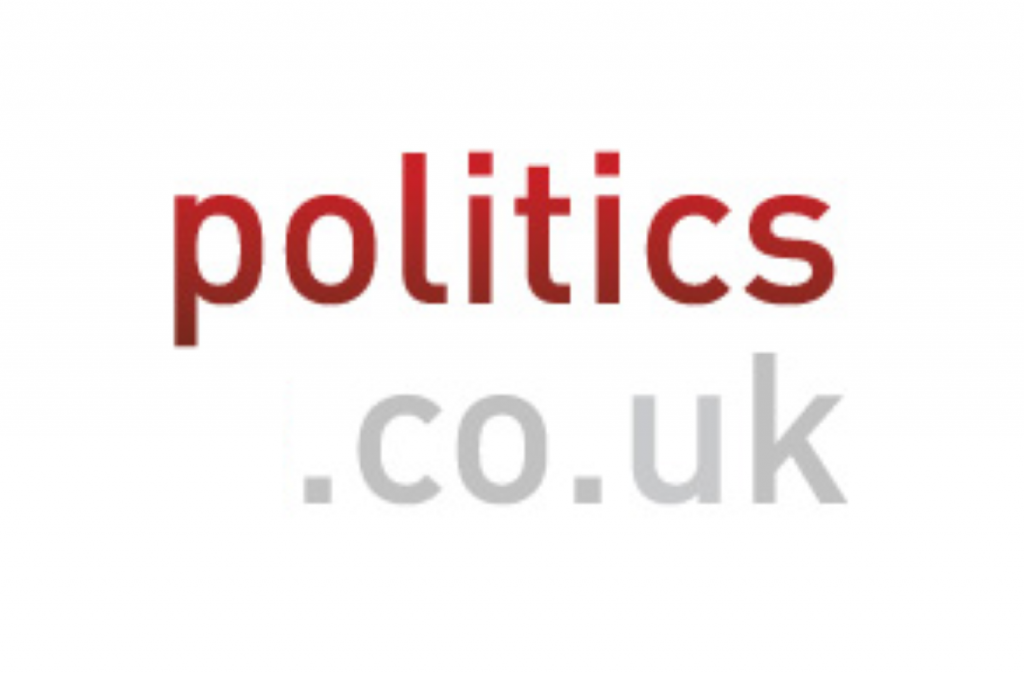Commons debates smoking ban
MPs will today have their first chance to debate plans to introduce a smoking ban in England and Wales when the health bill receives its second reading in the Commons.
The proposals would see a partial ban on smoking in public places introduced in summer 2007, with private members’ clubs and premises not serving food exempt.
Health secretary Patricia Hewitt insists the plans would protect 99 per cent of workers from the dangers of second-hand smoke, as well as helping smokers kick the habit.
However, there has been widespread opposition to the partial ban, both from health campaigners, who argue that it will increase health inequalities, and pubs and clubs, who fear they will lose custom to those premises exempt from the ban.


These concerns were reflected in a split in the cabinet over the plans – Ms Hewitt is thought to have come around to the idea of a blanket ban, as seen in Ireland and Italy, but other ministers wanted to stick to Labour’s manifesto pledge of a partial ban.
After a delay, the health bill was introduced last month containing plans for a partial ban on smoking in public places as planned, but the health secretary has said that it was “only a matter of time” before a blanket prohibition was introduced.
Also included in the bill are proposals for the creation of an NHS code of practice on tackling healthcare associated infections such as MRSA. The Healthcare Commission would be obliged to consider adherence to this code in its investigations.
The health bill would also implement a number of recommendations made by the inquiry into serial killer GP Harold Shipman, who killed more than 200 of his patients, many of them with lethal injections.
In her fourth report, inquiry chairwoman Janet Smith called for a revision of the laws governing the use of controlled drugs, which have remained virtually the same for more than 30 years.
The proposed legislation would require health bodies to appoint an officer to ensure the safe use of controlled drugs, and would require health and social care bodies to share information about controlled drug use.
In addition, it would give an authorised official the right to investigate NHS hospitals, GP practices, community pharmacies and other organisations contracted to provide services to the NHS.

